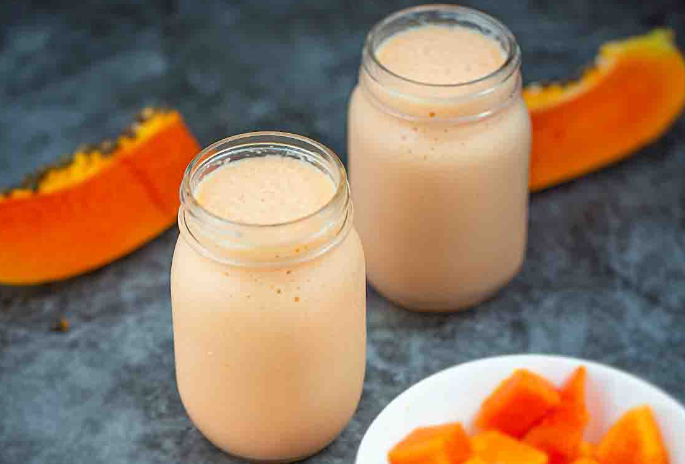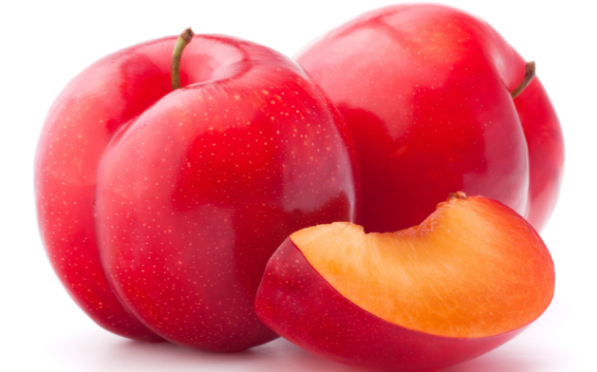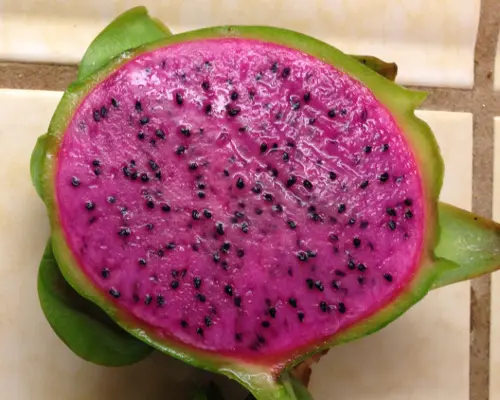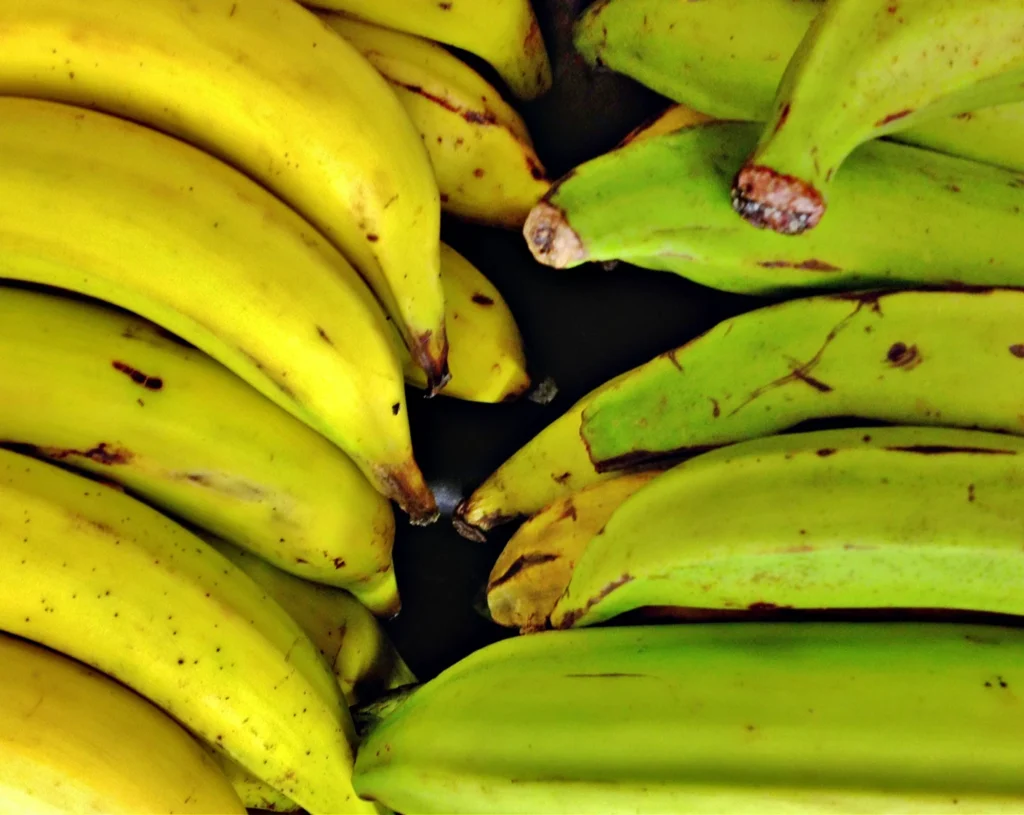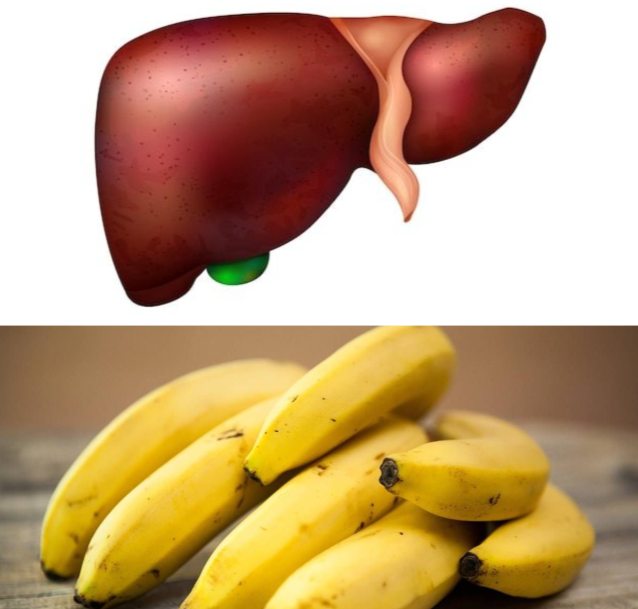Oranges are a favorite fruit for many people worldwide because they’re sweet, juicy, and colorful. They’re a really good source of vitamin C, potassium, and fiber—especially if you don’t eat too much. For anyone with diabetes, picking the right fruits is important, and oranges can fit into their meal plans nicely if they’re careful.
Table of Contents
- What’s in an Orange?
- Good Points of Oranges for Those with Diabetes
- 1. They’re Low in Calories and Carbs
- 2. Easy on Blood Sugar
- 3. Full of Fiber
- 4. Hydrating
- Nutrition Facts to Keep in Mind
- How to Add Oranges to a Diabetic Meal Plan
- 1. Natural Snack
- 2. Fresh Dressing
- 3. Brighten Salsas
- 4. Flavorful Chicken
- 5. Infused Water
- 6. Zesty Marinades and Sauces
- 7. Frozen Treats
- Conclusion
What’s in an Orange?
Oranges are in the citrus family and come in lots of types like navel oranges, blood oranges, and cara cara oranges. Even though they vary a bit in flavor and looks, their nutritional content is pretty similar.
A medium-sized orange is packed with vitamin C—more than the total amount you need in a day! They also have a decent is a smart choice amount of potassium, which helps keep your blood pressure stable. Oranges even have other good stuff like thiamin, folate, calcium, and magnesium.
One of the best things about oranges is their fiber. A medium orange has about 3 grams of it, mostly from the pectin and cellulose. Fiber is really good for your digestion and heart.
Oranges have a low glycemic index (GI) of 40, which means they don’t make your blood sugar go up too much. Foods with a GI under 55 are better choices for people with diabetes.
Good Points of Oranges for Those with Diabetes
If you have diabetes, it’s important to watch your carbs and keep your blood sugar levels nice and even. Oranges have things that make them a smart choice for a diabetes-friendly diet.
Here’s why:
1. They’re Low in Calories and Carbs
A medium orange has about 80 calories and 19 grams of carbs. And it brings 4 grams of fiber to the party, with no fat or protein. Oranges fit well into a carb-watching diet and give you some room to enjoy other foods in your meals.
2. Easy on Blood Sugar
Since oranges have a GI of 40, they’re low on the glycemic scale. That means they make your blood sugar rise slowly and gently, not like high-GI foods that can cause a quick spike. This is great for keeping your blood sugar levels steady.
3. Full of Fiber
Oranges are rich in fiber, with one fruit giving you 12-16% of what you need in a day. Getting more fiber helps control your blood sugar. It helps slow down digestion, prevents quick jumps in blood sugar, and can help you feel full, helping with weight control too.
4. Hydrating
Oranges are about 86% water, so they can help you stay hydrated. Staying well-hydrated is very important for managing diabetes to avoid high blood sugar levels. Oranges can be a tasty part of meeting your fluid needs every day.
Nutrition Facts to Keep in Mind
Even though oranges are good for people with diabetes, there are some things to keep in mind:
- Watch the size. Eat a small or medium orange and don’t go over the top. Larger sizes mean more sugar and carbs.
- Eat the whole fruit. Orange juice has lots of sugar and not much fiber. It’s better to eat the whole orange. If you’re drinking juice, only have a little (4-6 oz).
- Mix with protein or good fats. Eating oranges with some nuts or cheese can slow down the sugar absorption. Adding avocado to an orange salad is also smart.
- Be careful with smoothies. They might have too many oranges, which ups the sugar a lot. Smoothies can make your blood sugar rise quickly and don’t always keep you feeling full.
- Keep track of carbs. A medium orange has around 19 grams of carbs. When planning your carbs for the day, remember to count the ones from oranges.
How to Add Oranges to a Diabetic Meal Plan
Here are some fun and yummy ways to include oranges in your food:
1. Natural Snack
Rather than making juice, peel an orange and enjoy the segments by themselves. This is a convenient, tidy snack. Pair it with a dip like Greek yogurt to keep it carb-friendly.
2. Fresh Dressing
Make a tangy salad dressing with olive oil, bits of orange, shallots, vinegar, and herbs. Drizzle it over salads to make them more exciting and healthy.
3. Brighten Salsas
Cut up orange pieces and mix them with onions, chili peppers, and cilantro for a zesty salsa. Have it with lean proteins like chicken, fish, or tofu.
4. Flavorful Chicken
Put orange slices on chicken breasts before baking. The heat helps to bring out the sweetness in the oranges, and it tastes great with the chicken.
5. Infused Water
Add orange slices to your water to make it taste good without adding any calories or sugar.
6. Zesty Marinades and Sauces
Mix orange juice and zest into sauces or marinades for a fresh taste on chicken, pork, or fish.
7. Frozen Treats
Stir some orange juice into Greek yogurt and freeze it to make popsicles. The yogurt’s protein helps balance the natural sugars.
Conclusion
Thanks to their nutrients and low impact on blood sugar, oranges can be part of a diabetes diet when you don’t overdo it. With careful portion control and combining them with the right foods, oranges can be a delicious way to get more vitamins, minerals, and fiber while managing diabetes.
